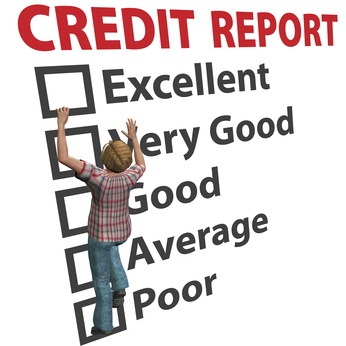 When it comes to dealing with your credit, it is important that you know what to do. Having a high credit rating is essential to your overall financial health as it can determine a number of things from your ability to get a mortgage to even getting a job. For most people, debt is the reason why their credit rating is poor. Debt is an unfortunate necessity as you often need it for mortgages and car loans but you can avoid certain debts like credit cards and personal loans that can really hurt your credit rating. Here are some tips to help you learn how to maintain a high credit score.
When it comes to dealing with your credit, it is important that you know what to do. Having a high credit rating is essential to your overall financial health as it can determine a number of things from your ability to get a mortgage to even getting a job. For most people, debt is the reason why their credit rating is poor. Debt is an unfortunate necessity as you often need it for mortgages and car loans but you can avoid certain debts like credit cards and personal loans that can really hurt your credit rating. Here are some tips to help you learn how to maintain a high credit score.
Keep Your Accounts Open
Some people think that the best thing you can do is to close your credit card accounts that are paid off so you aren’t tempted to spend on them. The best thing to do is to keep them open. Keeping the accounts option will actually aid in improving your score as you are able to have a higher amount of money available to you.
Increase Your Balance Amount
In order to increase your credit score, you should focus on increasing the balance amount that is available to you. This will aid in building your score as you have a lower balance on the card. Credit bureaus will be able to give you a higher credit rating if you keep your total balance limit at 30% of the total balance available.
Sparingly Use Your Cards
To help you with a credit score you need to focus on using your credit cards sparingly. You do not want to use the cards too often or you will end up hurting your credit score as it shows your dependency on the credit card. If you do use the card, just know that you will end up having the balance limit reported each month by the credit card company, which is usually quite close to the statement date. Limited use of the card is great as it shows that you do use them. If you rarely use the cards at all, this can end up hurting your credit.
Pay On Time
One of the best things you can do is to focus on making your monthly payments on time each month. If you do not pay on time, it causes you to have fees but it will be reported to the credit bureaus and this can have a negative impact.
